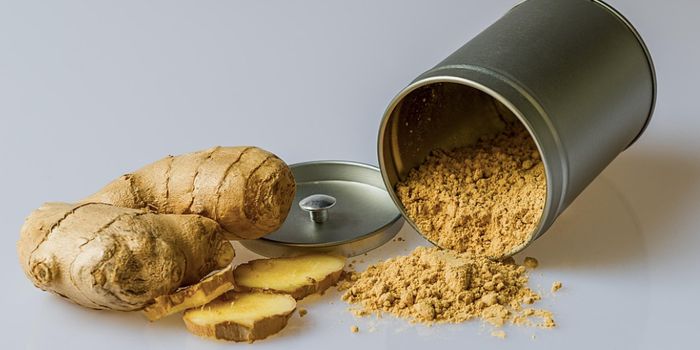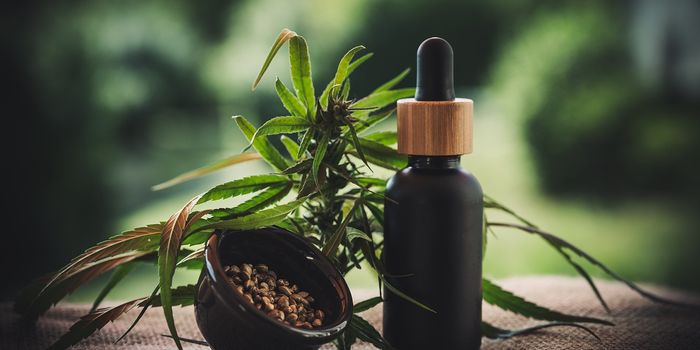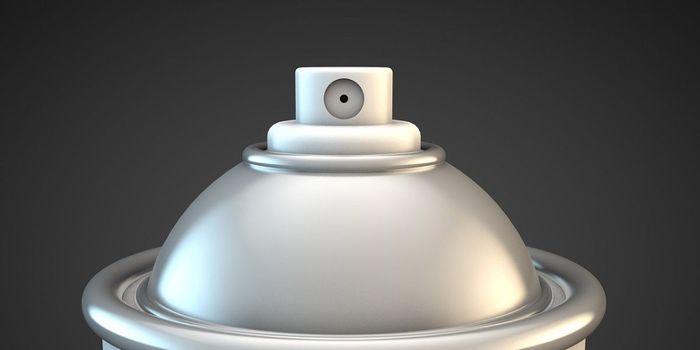Topical Probiotics Are a Beneficial Acne Treatment
Research underway is showing topical probiotics to be a beneficial treatment for acne vulgaris. Topical probiotics are a more natural, localized form of treatment that could potentially reduce the need for systemic medications such as Accutane and oral and topical antibiotics that have more serious side effects and contribute to antibiotic resistance.
Acne is a disease of oil, or sebaceous, glands. Causes are multifactorial – sebaceous glands become sensitized to normal levels of circulating androgens, clogged by abnormal skin cell shedding, and inflamed by an increased number of Propionibacterium acnes (P. acnes) that stimulates an immune response.
Traditional acne treatments consist of topical and oral antibiotics whose side effects include skin irritation, sensitivity to the sun, upset stomach, and reduced effectiveness with use. Oral isotretinoin (Accutane), a derivative of vitamin A, is an effective treatment for more severe acne but carries potentially serious side effects of inflammatory bowel disease, depression, and severe dryness of the mucous membranes. Topical probiotics do not irritate the skin, which means patients are more likely to use them as recommended.
Although more research is needed to understand exactly how topical probiotics modulate the immune response in acne, they are thought to work through more than one method. Beneficial species can compete with pathogenic ones implicated in acne and other skin diseases to reduce their numbers. In addition to this direct effect, probiotics have also been found to strengthen the skin barrier to indirectly affect skin bacterial colonization. For instance, Streptococcus thermophilus, a type of bacteria found in yogurt, increase ceramide production, a lipid found through much of the skin barrier that gives skin a hydrated appearance. Increases in ceramide also have antimicrobial and anti-inflammatory effects against acne-causing bacteria. Other beneficial skin probiotics for acne and other skin disorders include Enterococcus faecalis SL-5, Vitreoscilla filiformis, Lactobacillus johnsonii NCC 533, Roseomonas mucosa.
Besides improving acne, topical probiotics' ability to strengthen the skin barrier has the additional benefit of promoting healthy skin aging. Other anti-aging benefits of probiotics include restoring the skin to its ideal acidic pH, combating oxidative stress, and reversing sun damage. The species Lactobacillus buchneri has been found to increase collagen production and moisturize the skin and Nitrosomonas eutropha can treat wrinkles and skin discoloration.
Topical probiotics show promise in improving skin function, but more studies are needed to measure treatment effectiveness against traditional treatments.
Sources: Dermatology Times, PubMed









